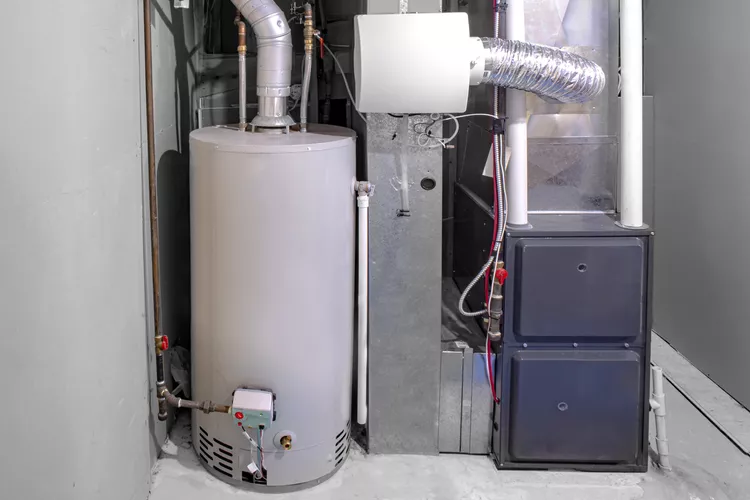Replacing a hot water heater is an essential task, but it can throw off your budget if you’re not prepared. Let’s break down the costs involved in replacing a water heater.
First off, hot water heaters typically last around 8 to 12 years, but this can vary based on factors like the type of appliance, its capacity, energy source, and how well it’s maintained.
So, how much does it cost to replace a water heater? Well, the total price can range from $600 to $3,500. For traditional tank-style water heaters, you’re looking at spending anywhere from $600 to $2,500, while tankless water heaters can run from $1,200 to $3,500. Keep in mind that these costs can increase when you factor in permits, labor, and additional venting systems.
Here’s a breakdown of the key factors that influence the cost of replacing a water heater:
- Type of Water Heater: Tank-style heaters store hot water continuously, while tankless heaters heat water on demand. Tank-style heaters are more affordable, ranging from $600 to $2,500, while tankless heaters are pricier, starting at $1,200 and going up to $3,500.
- Water Heater Size: Tank-style heaters are measured in gallons, while tankless heaters are measured in gallons per minute. Larger tanks or higher gallons per minute will cost more.
- Fuel Source: Water heaters can run on electricity, natural gas, propane, or solar power. Electric, gas, or propane heaters typically range from $600 to $3,500, while solar heaters can cost between $1,700 and $5,000, or even more for larger homes.
- Ventilation System: Gas or propane heaters require venting systems, which can add $300 to $600 to the overall cost.
- Parts and Materials: Don’t forget about additional materials like discharge pipes and pressure release valves, which can bump up the total cost.
- Labor: Labor costs range from $50 to $150 per hour, with labor accounting for about 50% of the budget. Factors like the scope of work, location, and installer’s experience can affect labor costs.
- Permits and Inspection: Some areas require permits for water heater replacements, which can add to the overall expense.
To save money on a water heater replacement, consider sticking with the same type of heater, choosing a reputable brand, and researching deals and discounts. Additionally, prioritize utility efficiency to save on long-term costs.
Before replacing your water heater, explore repair options, especially if your current heater is less than ten years old. Minor repairs and maintenance can extend its lifespan while you save up for a replacement.
Lastly, seek professional advice to determine the right heater type, capacity, size, and fuel source for your needs. Newer heaters may offer improved efficiencies that weren’t available when you bought your last one.


